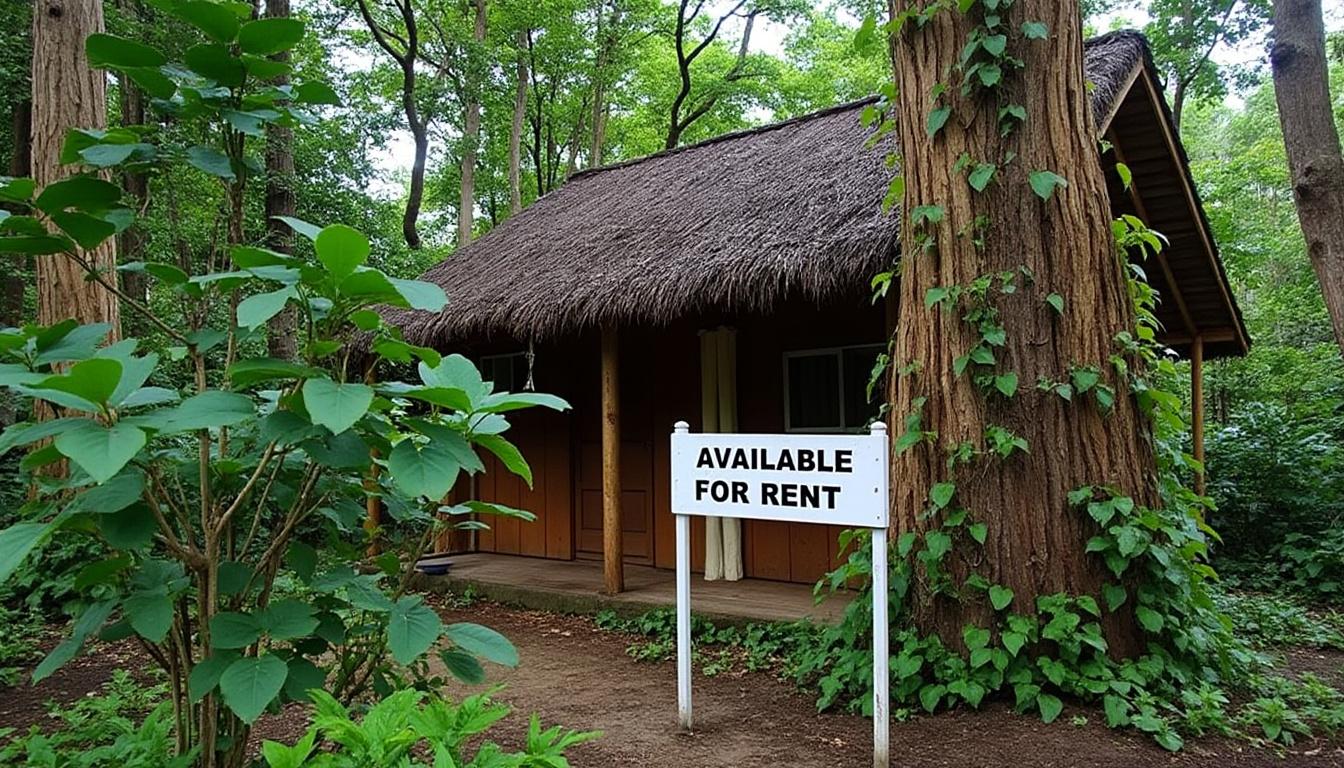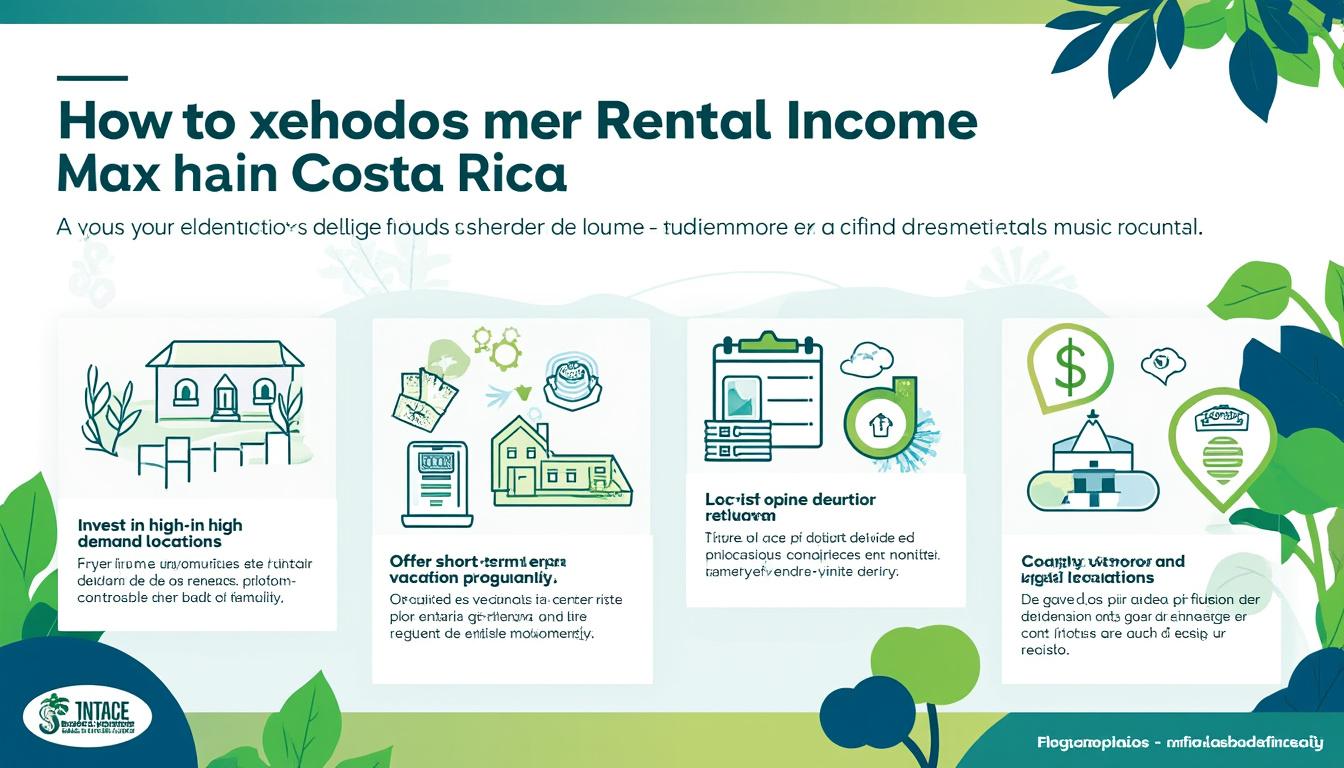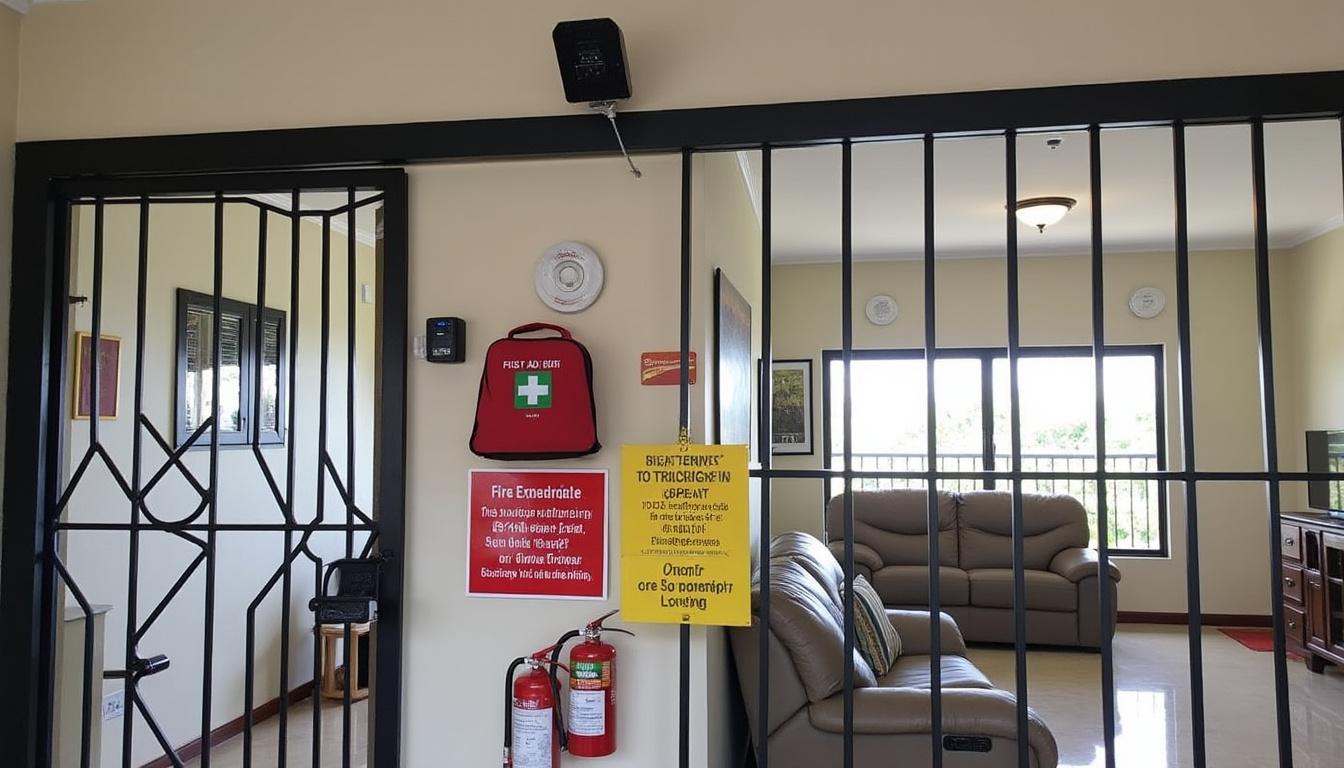New regulations in Costa Rica are set to significantly alter the landscape for short-term rental properties, particularly for owners utilizing platforms like Airbnb, Booking.com, and Tripadvisor Rentals. With the implementation of a new tax on rental income and strengthened compliance measures, property owners need to be proactive in understanding their obligations. These changes aim to enhance tax collection efficiency while promoting fairness within the local rental market.
The Impact of New Tax Regulations on Short-Term Rentals
As of the close of 2026, a 12.75% tax on rental income earned through digital platforms will come into effect for property owners in Costa Rica. This tax is part of the broader initiative by the General Directorate of Taxation (DGT) to regularize short-term rentals, which have largely operated without stringent oversight. This initiative comes amidst growing calls for accountability and equitable contributions from all businesses, including those in the lucrative hospitality sector.

With platforms like Airbnb, Vrbo, and HomeAway leading the charge in offering vacation accommodations, the government’s increased focus on tax compliance comes at a pivotal time. These platforms have significantly transformed how tourists experience Costa Rica, providing diverse lodging options that often rival traditional hotels. However, as more travelers opt for these rentals, they have also attracted scrutiny regarding lawful tax practices.
Mario Ramos, the director of the DGT, emphasizes the need for all participants in this market to register as taxpayers. With the rise of the sharing economy, it is essential for property owners to understand their responsibilities to avoid potential fines or legal repercussions. Early compliance is vital, as the DGT is prepared to enforce these regulations rigorously.
The primary aim of this tax overhaul is to integrate short-term rentals into the broader tax framework. By collecting comprehensive data from platforms such as Booking.com and FlipKey, Costa Rican authorities intend to streamline tax proceedings and ensure that rental profits contribute fairly to public finances.
Understanding Tax Implications and Compliance Requirements
Property owners must familiarize themselves with the procedures for compliance, which include:
- Registration as a taxpayer: All short-term rental operators need to ensure they are registered to legally operate and report their income.
- Filing tax returns: Owners will be required to file their returns and make tax payments in alignment with the new regulations.
- Understand tax deductions: Familiarity with applicable deductions can aid in mitigating tax liabilities effectively.
These measures reflect a growing trend toward tighter regulation of the short-term rental market, aligning Costa Rica with global practices seen in cities like Barcelona and New York, where similar actions have been undertaken to promote fairness and accountability.
As outlined in a recent publication by Quatro Legal, investments in technology systems to track income generated through these platforms will enable tax authorities to capture comprehensive data, thereby facilitating the collection process. Recognition of revenue sources further bolsters the modernization of Costa Rica’s taxation system.
| Action Item | Deadline | Consequences of Non-Compliance |
|---|---|---|
| Register as a taxpayer | End of 2026 | Fines and penalties |
| File tax returns | Yearly | Legal penalties |
| Maintain accurate records | Continuous | Increased scrutiny and audits |
In addition to tax compliance, owners should consider implementing best practices to enhance their service offerings and support sustainability in a rapidly changing rental environment.
Strategies for Maximizing Rental Income in Compliance with New Laws
With changes to tax regulations, property owners must adapt their business strategies to maximize rental income while complying with the new legal environment. Effective utilization of marketing platforms — such as Airbnb, Expedia, and Tujia — can enhance visibility and attract potential guests.

Some strategies to ensure compliance while efficiently generating income include:
- Enhanced marketing: Utilize online platforms like FlipKey and Tripadvisor Rentals to widen reach.
- Competitive pricing: Periodically review rates based on market demand and adjust prices to remain attractive.
- Guest experiences: Enhance the quality of the guest experience to gain positive reviews, essential for boosting rankings on rental platforms.
- Professional photography: Invest in high-quality images to showcase rental properties effectively, attracting more bookings.
Moreover, creating partnerships with local businesses can boost guest satisfaction, potentially increasing their likelihood of returning or recommending the property to others. For example, offering discounts to popular tour operators or restaurants can heighten the overall experience offered to guests, subsequently improving reviews and recommendations.
Utilizing Data to Drive Decisions
Owner insights can be generated through analytics provided by platforms like Airbnb and Booking.com, allowing hosts to adjust their strategies based on real-time performance metrics. Factors such as occupancy rates, seasonal trends, and average rental prices can enable informed decision-making.
A comparative analysis of rental performance within the local market can also aid in predicting future income potential. Regularly reviewing the market landscape enables owners to recognize opportunities and challenges, providing critical information for operational adjustments and financial planning.
| Strategy | Expected Outcome |
|---|---|
| Enhanced marketing | Increased guest inquiries |
| Competitive pricing | Higher occupancy rates |
| Guest experience improvements | Better reviews and referrals |
Staying attuned to shifting consumer preferences and harnessing technology effectively will be key in navigating the evolving regulatory landscape.
The Importance of Safety and Legal Compliance in Short-Term Rentals
Safety and legal compliance are paramount for short-term rental owners. With the upcoming tax changes, property owners need to recognize the significance of maintaining adequate safety standards to avoid legal liabilities.

Key considerations for legal compliance include:
- Fire safety: Ensure that accommodations have smoke detectors, fire extinguishers, and clear exit routes.
- Building codes: Familiarize oneself with local construction regulations and ensure properties meet necessary codes.
- Insurance coverage: Secure comprehensive insurance that covers rental operations and potential liabilities.
Compliance not only protects owners but also enhances guest confidence. When potential renters see that a property adheres to safety regulations, they are more likely to book with peace of mind.
Implementing Safety Protocols
Establishing robust safety protocols is essential for minimizing risks associated with short-term rentals. This may include:
- Regular maintenance: Conduct routine inspections of appliances and fixtures to ensure they function properly and safely.
- Clear communication: Provide guests with comprehensive information on safety procedures and guidelines for emergency situations.
- Feedback loops: Encourage guest feedback on safety aspects and areas for improvement.
| Safety Protocol | Purpose |
|---|---|
| Regular maintenance checks | Ensure all amenities are functioning properly |
| Clear emergency procedures | Provide guests with essential information on what to do in an emergency |
| Detailed guest communication | Enhance guest comfort and confidence in the property |
Maintaining high safety standards and compliance fosters long-term sustainability for rental properties in Costa Rica.
Future Trends in Costa Rica’s Short-Term Rental Market
The short-term rental market in Costa Rica is evolving, influenced by broader economic and technological trends. As digital platforms gain increasing prominence, the market is poised for change and growth amidst new regulatory frameworks.
Several future trends include:
- Sustainable tourism practices: Many travelers are opting for eco-conscious lodging options that support local communities.
- Integration of smart technology: Properties equipped with smart devices can elevate the guest experience, enhancing comfort and security.
- Market diversification: Rental offerings may expand to include unique experiences, such as guided tours or local cuisine classes, appealing to a broader audience.
Such trends signal a shift toward a more holistic approach to rental offerings in Costa Rica. Property owners who recognize and adapt to these trends may stand to benefit significantly in terms of both reputation and profitability.
Harnessing Technology for Competitive Edge
As the market continues to adapt, leveraging technology will be crucial. Digital marketing tools and analytics can provide valuable insights, while smart home technology can streamline operations and enhance guest experiences. For instance, automated messaging systems can keep guests informed and engaged, while high-tech locking mechanisms can provide enhanced security.
Ultimately, the integration of innovative technologies with eco-conscious practices will define the competitive landscape of short-term rentals in Costa Rica.
| Trend | Impact on Market |
|---|---|
| Sustainable practices | Attract more eco-conscious travelers |
| Smart technology | Enhance guest satisfaction and operational efficiency |
| Diverse offerings | Broaden appeal to different customer segments |
Staying ahead in an increasingly competitive market requires adaptability to both regulatory changes and consumer expectations. Strong planning and execution based on these emerging trends will pave the way for lasting success in Costa Rica’s evolving short-term rental market.
